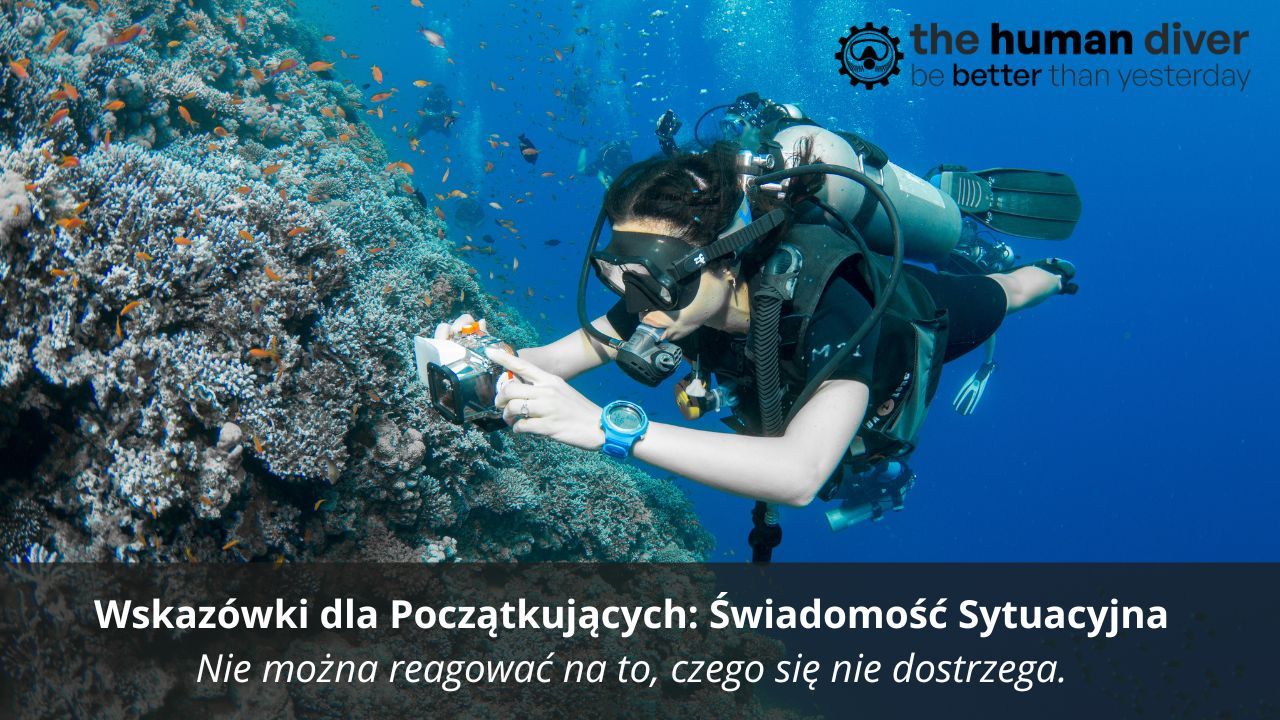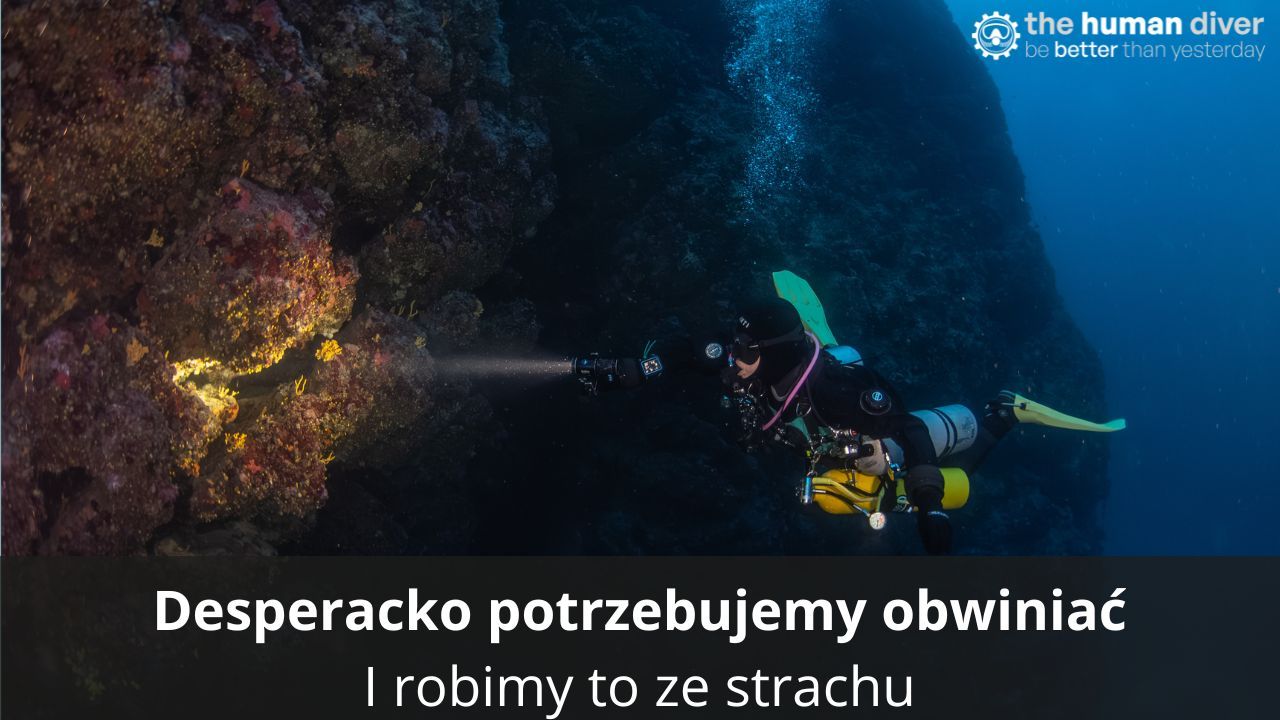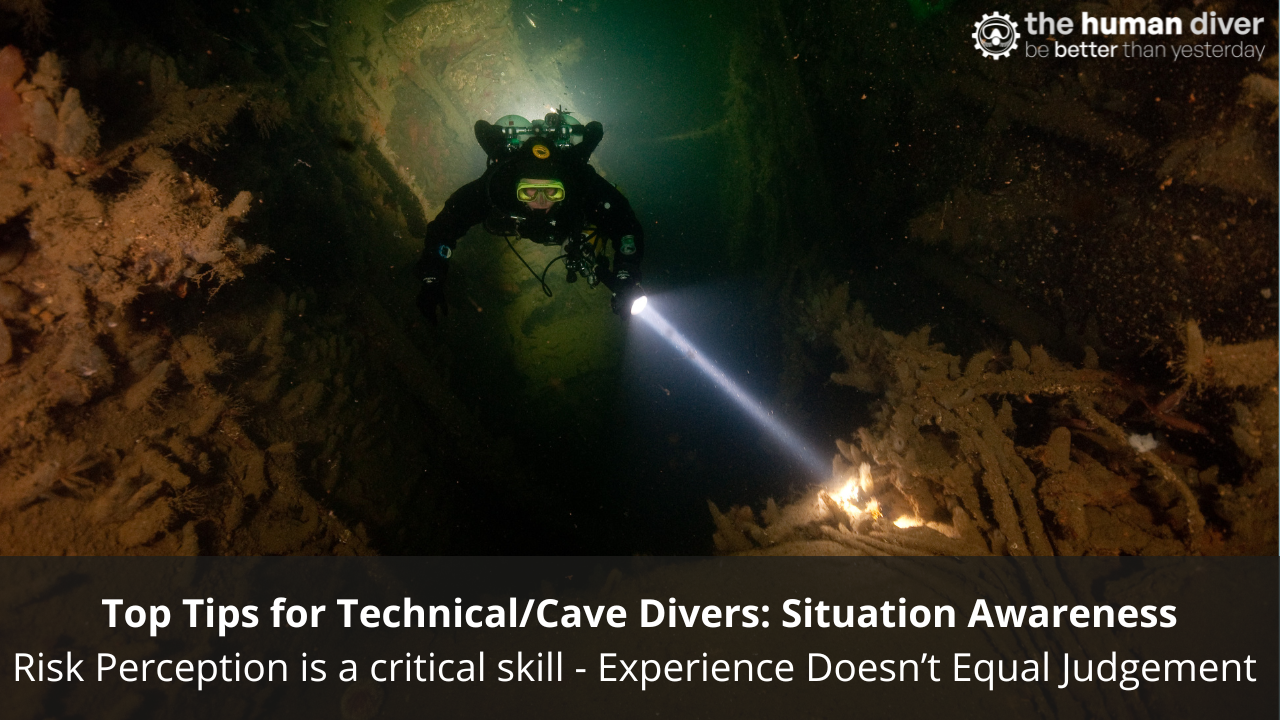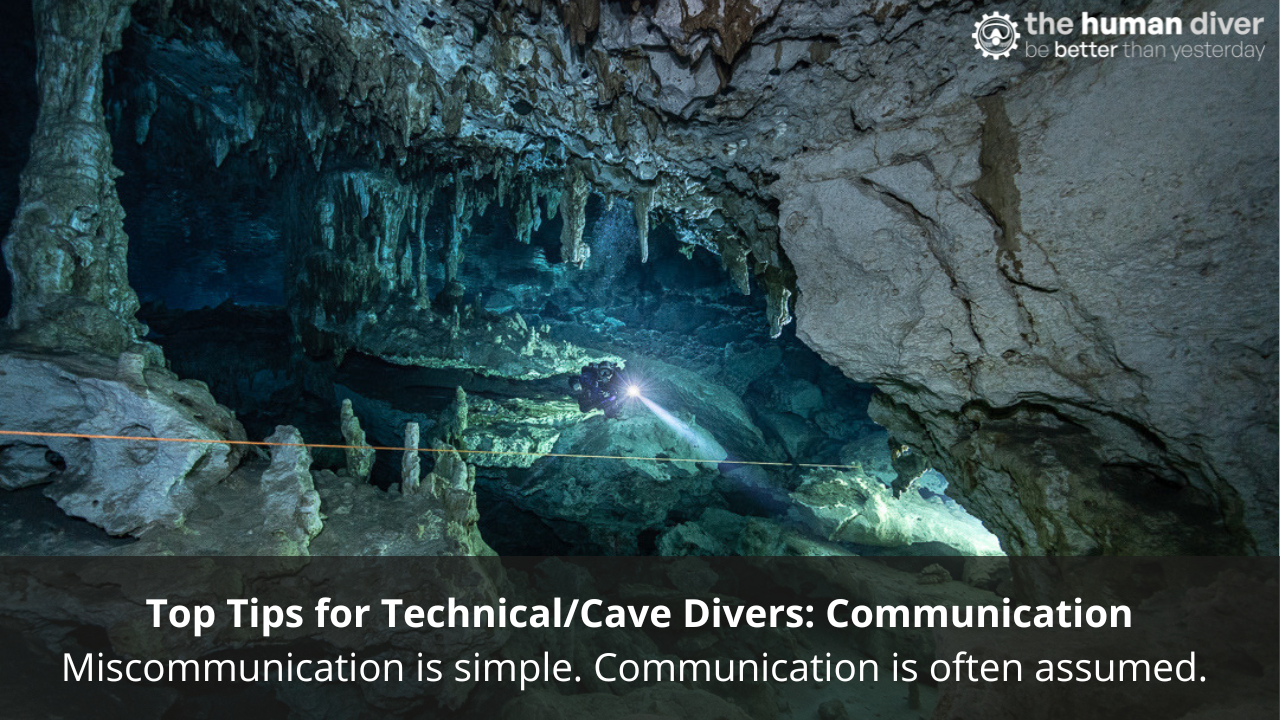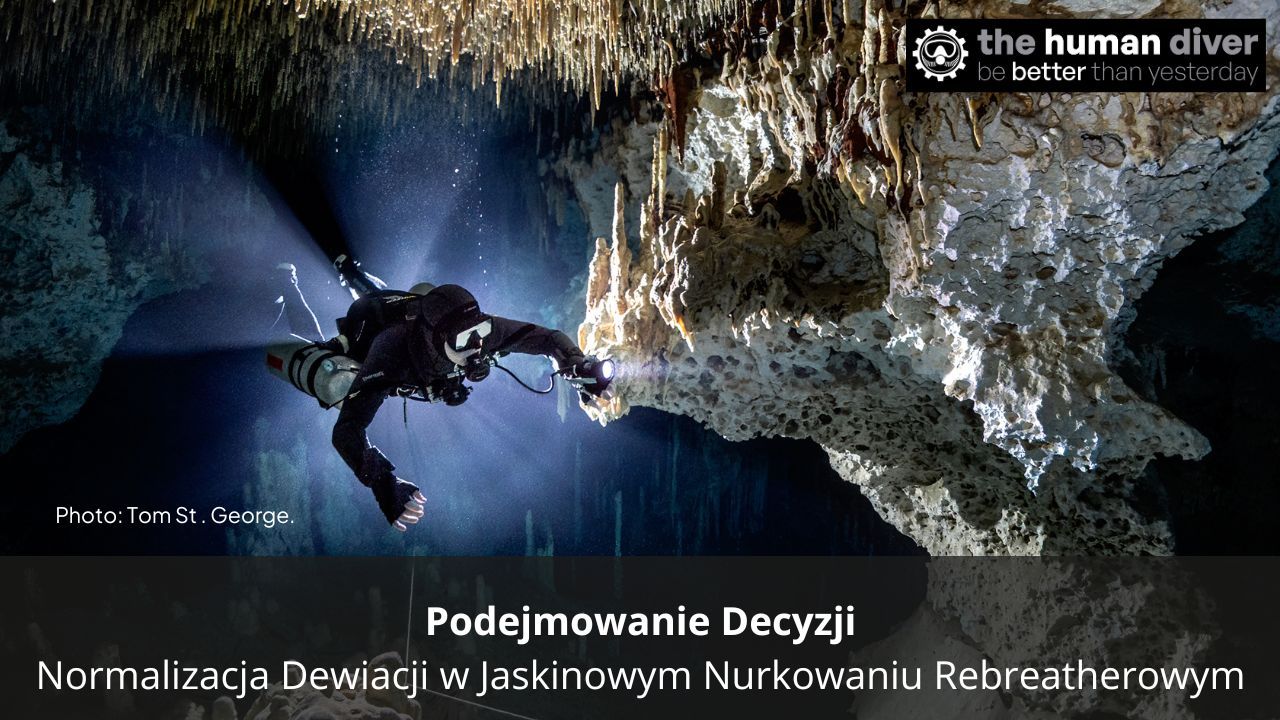
Complacency and Efficiency
Feb 14, 2024I was talking to a friend recently about an incident he’d had where he and his buddy had been separated from the rest of the group. He said “We were all friends diving together, and although we’d done a briefing, we hadn’t covered lost buddy or lost group procedure.” He acknowledged this was wrong but pointed out it’s also common- I can’t remember the last time we discussed lost buddy procedure despite us diving together frequently. I’m sure a lot of you reading this will be shaking your head and muttering that we’ve got “complacent”. And you’d be correct! The problem with humans is that we are efficient creatures (see this blog for more about the Efficiency-Thoroughness Trade Off).
As soon as we find an easier way to do something, we will. Think about all the information a dive briefing can include: gas management, route, depths, times, goals, weather, current, entry/exit procedures, buddy separation procedures, buddy check protocol, emergency procedures, things to see, underwater hazards, hand signs, team positioning, equipment carried, team roles etc. How many of those do you brief (or talk about with your buddy) on every dive? The first time you dive with someone, or the first time you dive a new site, you are likely to go into far more detail. But after a while, it’s natural to start missing things out. After all, if you and your buddy dive together all the time, do you really need to remind each other what the “ok” sign looks like?

I used to work in a resort area with warm water, good vis and little to no current. In that area the norm was to enter and exit at the same location (and if that wasn’t going to happen it was commonly referred to as a “drift”, despite the lack of current). It was also the norm to turn around at 110 bar, start a safety stop at 60 bar, aim to exit with 50 bar, and not touch anything or pick anything up. People would often come and dive for a week at a time, and would generally have the same guide for the week. This meant that the first dive of the week would be incredibly comprehensive, covering most of the above subjects. This briefing could easily take half an hour if done fully. However, as the week went on, it was normal to see the briefings getting shorter and shorter, until the only things left were the route, any hazards local to that particular site and a reminder of gas turn around pressure.
So was this complacency or efficiency? The answer only comes about when you know the outcome of the dive. If all goes well, people generally judge it as efficiency. If it doesn’t…..of course it was complacency.
Why did the briefings get shorter? We weren’t pushed for time. We often only did two to three dives a day. Very few people ever complained about briefings being too long or too detailed. It’s simply the natural human desire to be efficient. The divers wanted to get in the water, we wanted to get in the water. We’d already told them what they needed to know, so what was the point of repeating it? Once we’ve given over a piece of information, we assume that the receiver has not only heard it but also remembered it. For things like hand signals, this is proved when divers give you that signal underwater. But for things like lost buddy procedures, they were often only briefed on that very first dive, especially if the group were all experienced dives as it was assumed that the procedure we used was the standard, and therefore the divers would already know it. The reality was that we very rarely ever had to test it, as vis was generally so good (and the dive sites not too busy) that we could easily see if someone was trying to join another group or being left behind. This is part of the problem. Because we never got any feedback as to whether people remembered the lost buddy procedure or not, we assumed they did. We remembered it easily (likely because we briefed it once a week), so because the group had been told it once (and we assumed they would have heard it before), we believed they did too.
I’d like to say that I realised the error of my ways and started doing more comprehensive briefings for every dive but that never happened. Instead I ended up working for a centre that mixed the groups up more, meaning often had different divers so had to give a full briefing every time as I didn’t know what they’d heard before. Fast forward to now- I regularly dive with the buddy mentioned at the start of this blog. We have doubtless become efficient (or complacent?) about some procedures. Thankfully, we regularly have conversations like this, and it means that issues like this get flagged, so we are able to correct it next time we dive together. That’s one of the problems with complacency, it’s very difficult to spot when you’re missing something. It’s only when things go wrong that people start to question it. And this is why honest buddies, a good team and regular “tune-ups'' are great. They are the ones who can help us reduce complacency, as they are the ones who will spot it. We need to have a good level of psychological safety to allow them to speak up (especially if there is a power differential such as between instructor and student or very experienced diver vs newly qualified diver) and encourage them to do so.
Next time you hear about an incident that was caused by complacency, rather than judging them, try to put yourself in their shoes and think how it made sense to them at the time. And what similarities are there to your diving that you can improve?

Jenny is a full-time technical diving instructor and safety diver. Prior to diving, she worked in outdoor education for 10 years teaching rock climbing, white water kayaking and canoeing, sailing, skiing, caving and cycling, among other sports. Her interest in team development started with outdoor education, using it as a tool to help people learn more about communication, planning and teamwork.
Since 2009 she has lived in Dahab, Egypt teaching SCUBA diving. She is now a technical instructor trainer for TDI, advanced trimix instructor, advanced mixed gas CCR diver and helitrox CCR instructor.
Jenny has supported a number of deep dives as part of H2O divers dive team and works as a safety diver in the media industry.
If you'd like to deepen your diving experience, consider taking the online introduction course which will change your attitude towards diving because safety is your perception, visit the website.
Want to learn more about this article or have questions? Contact us.




